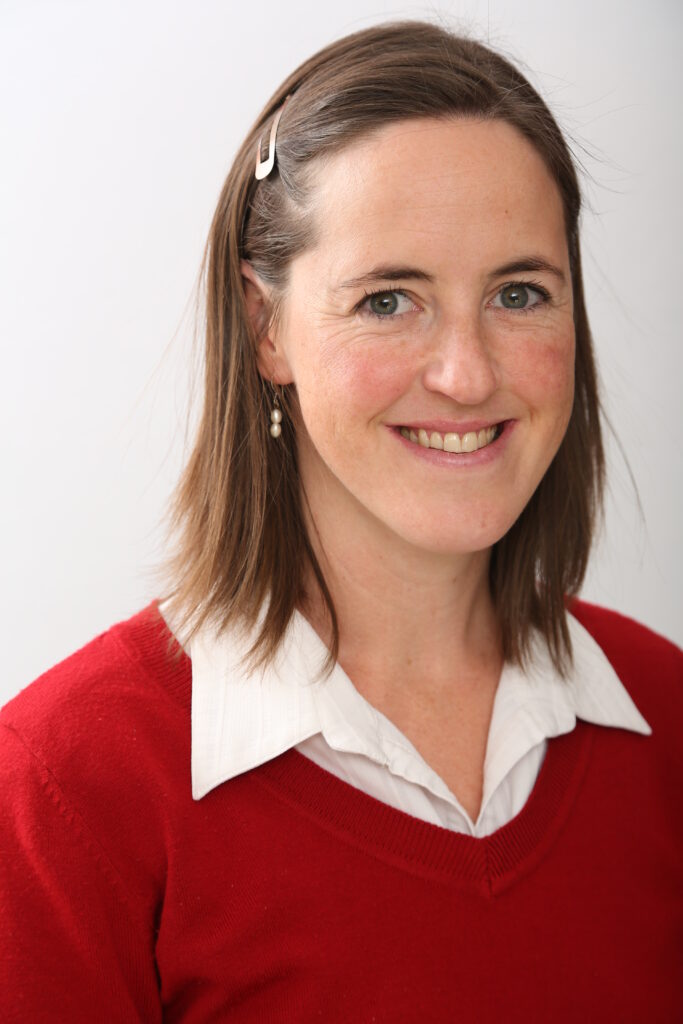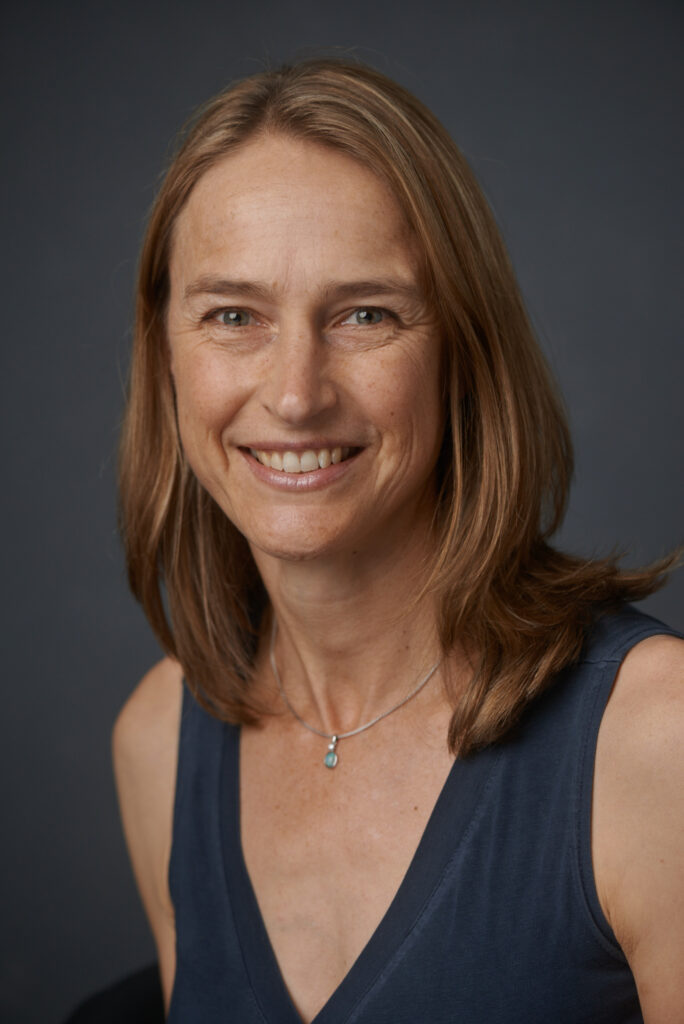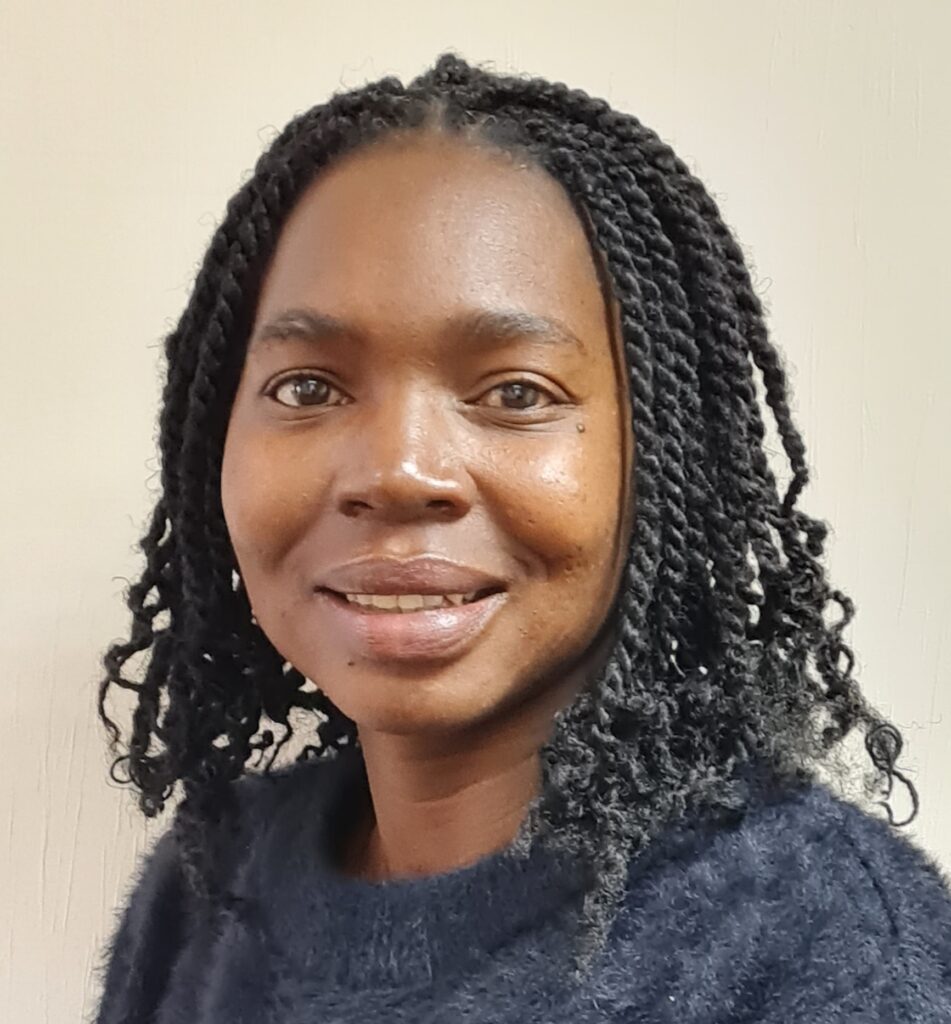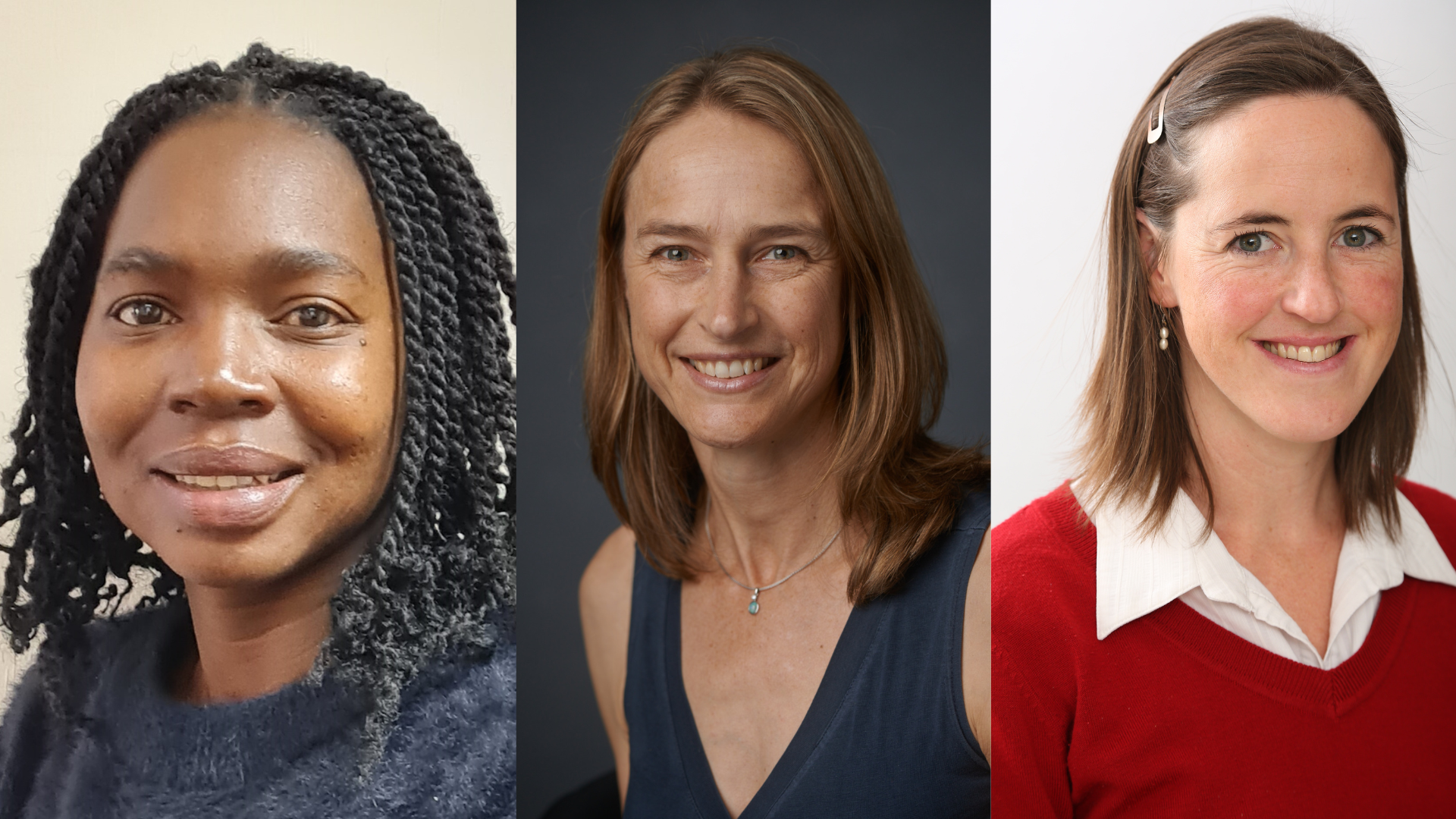Women are increasingly finding their way into engineering, scientific and other professional careers in industry, with less prejudice in traditionally male sectors like mining; but how can organisations retain and advance women in their ranks? Interviewed during Women’s Month, three experienced professionals from SRK Consulting, a global firm of engineers and scientists, offered their nuanced insights into the entry and progress of women in industry over recent years.
Unintimidated
With her mother in a respected role as a successful teacher, SRK principal consultant Livhuwani Lautze was not intimidated by the prospect of entering the professional environment. In fact, as a strong academic performer at school, many expected Lautze to become a doctor. Her preference, though, combined with the need for scholarship support, took her in another direction: geology. With a Master’s degree in geology, she has worked in the mining sector at operational and corporate level before joining the consulting field.
“The mining sector is certainly more accommodating of women than when I started work in mining operations over 15 years ago,” she said. “Then, women senior officials didn’t even have their own changing facilities for underground – although there has been noteworthy improvement in the industry.”
Implicit support
Both SRK principal geotechnical engineer Linda Spies and SRK principal environmental geologist Lindsay Shand had fathers in the engineering field – so there was implicit support for a similar career in science or engineering. In short, there were few limitations on their choice of occupational fields, and none of these women felt in the least drawn to historically female jobs in administration.
“It is true that I was one of just a few women in our geology classes at university, and there were occasions early in my career when I realised that I was the only women in a meeting of 10 or 20 men,” said Shand. “But this is not necessarily a drawback – although there could be the expectation that you have to do more to prove yourself at first; importantly, I wanted to be recognised as a scientist – not just because of being a woman in this field.”
Gender expectations
Spies also noted that breaking into fields that have in traditionally been male-dominated is perhaps not the most challenging aspect of transforming the workplace. Even though the professional levels of companies are increasingly filled by women, there are still underlying gender expectations regarding women’s roles outside of the workplace.
“It is undisputed that women perform as competently as men in these engineering and scientific professions, but they tend to still be expected to assume primary responsibility for child care and other domestic roles,” she said. “This places an added burden on what they have to ‘juggle’ while wanting to give their all to a fulfilling career.”
Lautze added that mainstream social norms reinforce these expectations, making it the professional women’s role to keep a ‘tidy home’, for example, even while assuming the same work responsibilities as their spouses.
Redefining relationships
The evolution of the workplace and the growing opportunities for women in industry was also redefining relationships between mothers and their children, Shand pointed out. While many mothers in a more privileged class environment could choose not to work while raising children, many women valued their professional life and achievements while not detracting from their commitment and affection for their family.
This raises the issue of retaining women in these high-powered careers while other responsibilities beckon and, significantly, when couples choose to start a family. She highlighted how some women must, or choose to, relinquish their career trajectory when having children, however resuming this work at the appropriate level can be difficult, while fulfilling family commitments too.
Exposure
On the question of what would foster career opportunities for young women today, Lautze felt that exposure to opportunities was the key.
“There is a focus on science and maths these days, but your choice of study and career really needs to align with your aptitude,” she explained. “Without an aptitude and love for these subjects, you are unlikely to find fulfilment in them.”
Both Lautze and Spies encouraged women in the professional space to encourage younger entrants and talk about their strong points to colleagues. This would help address the reticence among women from certain cultural environments to promote their abilities more openly. Mentoring is also a powerful strategy to nurture women in professional roles; Spies said she has benefitted greatly from SRK’s sponsorship and involvement in the International Women in Resources Mentoring Programme (IWRMP), an annual cross-company programme to promote and empower women to progress their careers.
Women adding value
This kind of support is part of the foundational work that opens up opportunities for the next generation. Lautze talked about her success in helping to grow young professional women into more senior roles in resource geology within the corporate environment – adding significant value to the business. Assuming similar levels of responsibility, a highlight in Spies’s career has been tackling a highly demanding tailings dam project from planning through to maintenance phase.
Shand has recently been tasked with driving a key strategic priority for SRK in the form of a Global Water Summit – to reinforce the central importance of water stewardship across the range of SRK’s engineering and scientific interventions.
The experience of these three successful professional women is testament to considerable transformation in the opportunities for women to enter highly skilled roles in industry. Time will tell how such an evolution will continue, and whether it will be supported by more equitable social norms and business accommodation of the many other valuable roles that women still carry outside of the workplace.





